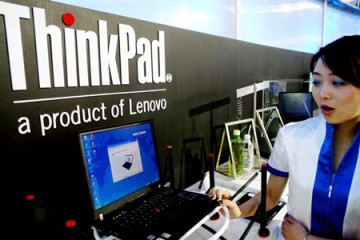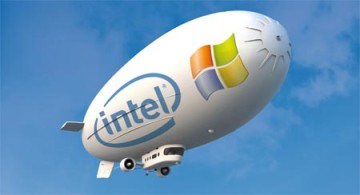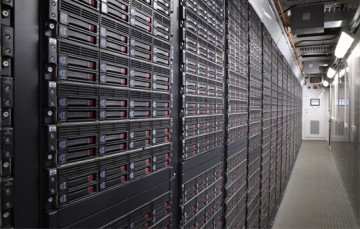 While everyone else wants focus on the cloud game, Lenovo has shut down its dedicated cloud division and spread out its work through various other parts of the Group.
While everyone else wants focus on the cloud game, Lenovo has shut down its dedicated cloud division and spread out its work through various other parts of the Group.
The vendor’s Ecosystem and Cloud Services (ECS) business are being disbanded and cloud services will now be moved into the relevant product division. Lenovo claims to have made because it believes it “must continue to differentiate through a ‘device and cloud’ strategy”.
Replacing the ECS division is a Capital and Incubator Group which has been created to develop new, innovative technologies through Lenovo spinoffs or investments in standalone startups, while continuing to develop Lenovo’s overall cloud and big data platform”. George He has been named as the new unit’s head.
Lenovo’s PC Group will be re-named the PC & Smart Device Business Group. In addition to PCs, tablets, and two-in-ones, the unit will also encompass phablets, gaming products and smart-home wares. Gianfranco Lanci will be in charge of this group.
The vendor’s Enterprise Business is to be renamed the Data Centre Group (DCG), which will operate “as an end-to-end business within Lenovo”. The business will be run by Gerry Smith.
According to Lenovo all these changes will make the DCG a nimble and disruptive competitor, accelerating its open, partnership-focused approach with traditional, hyperscale and hyper converged customers.
Lenvo’s Mobile Business Group will reshuffle its management deck. Lenovo north America head Aymar de Lencquesaing teaming up with Xudong Chen, a veteran of the company’s Chinese business, to serve as co-presidents. Meanwhile, former Motorola president Rick Osterloh is leaving.
Yang Yuanqinq said: “In the last year, Lenovo has delivered solid results, the fast integration of Motorola and System x businesses, and a series of innovative product launches across our portfolio. Now we must further accelerate our transformation into a customer-centric company. The changes announced today will build on our successes, rapidly deliver this transformation and ultimately drive Lenovo into a new phase of growth.”
 Intel and Microsoft have set up a point-based channel incentive programme to get Intel’s Technology Provider partners to upgrade the 600 million PCs in use today that are five years old or older to the new Skylake-Windows 10 platform.
Intel and Microsoft have set up a point-based channel incentive programme to get Intel’s Technology Provider partners to upgrade the 600 million PCs in use today that are five years old or older to the new Skylake-Windows 10 platform.


















